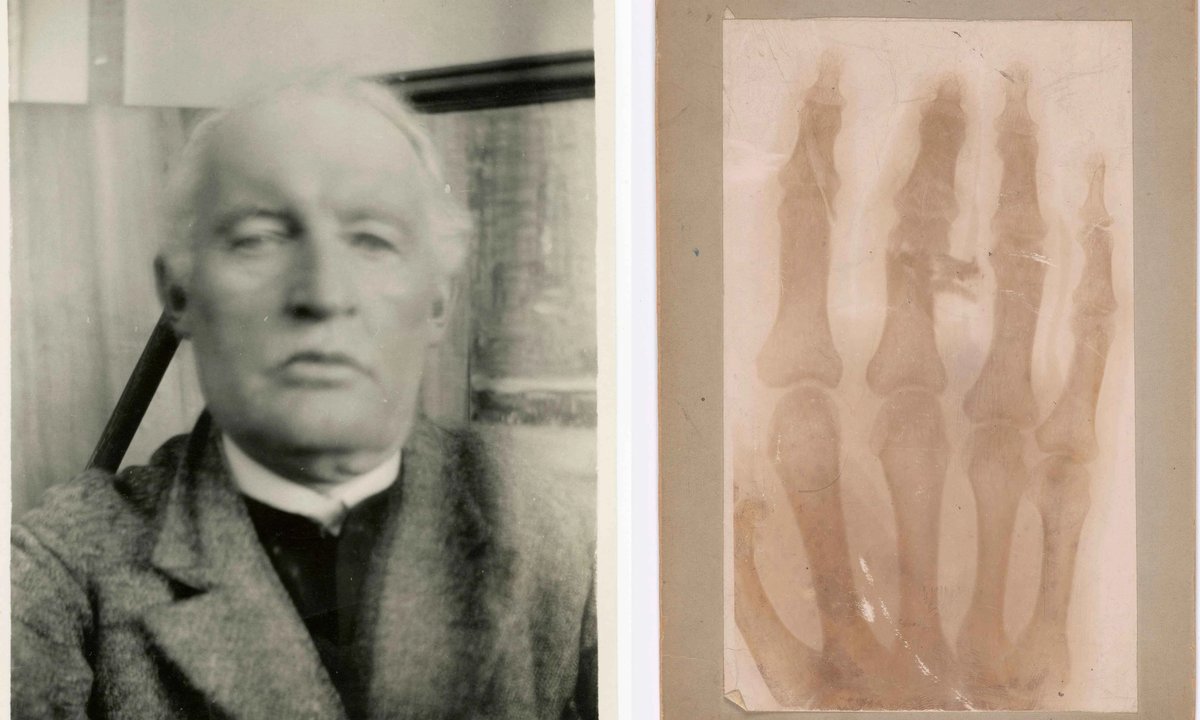Blood, Skeletons, and Syphilis: Edvard Munch's Dark Obsession with Health
A new exhibition at the Munch Museum in Oslo delves into the artist's lifelong fascination with medicine, the human body, and mental illness, revealing how these obsessions manifested in his groundbreaking art.
Munch's Medical Encounters: A Bullet and Beyond
In September 1902, a dramatic incident involving his fiancé Tulla Larsen led to Edvard Munch being admitted to Norway's national hospital. The reason? A bullet lodged in his left hand. While the circumstances surrounding the shooting remain murky, the subsequent surgery proved to be a pivotal moment, influencing his artistic vision.

An example of Munch's work featured in the Oslo exhibition. (Image: The Art Newspaper)
The Body as Canvas: Reflecting Pain and Suffering
Munch's art is renowned for its raw emotional intensity. The exhibition highlights how his personal experiences with illness, both physical and mental, were directly translated onto the canvas. He explored themes of mortality, anxiety, and the fragility of the human condition with unflinching honesty.
Read more at The Art NewspaperSyphilis: A Hidden Influence
The exhibition also sheds light on the historical context of the time, particularly the prevalence and societal anxieties surrounding diseases like syphilis. The potential influence of such widespread health concerns on Munch's artistic expression is explored in detail. Skeletons and other morbid imagery become recurring motifs.
 1080p
1080p








